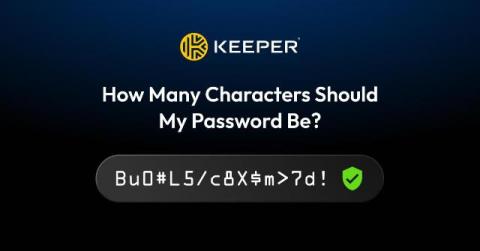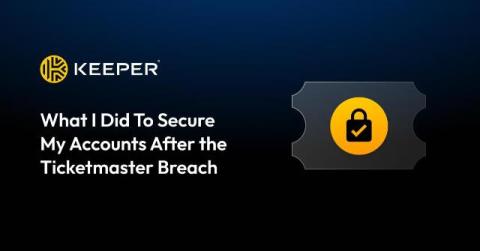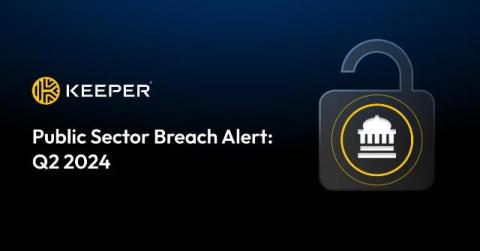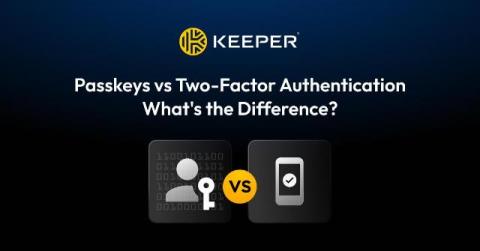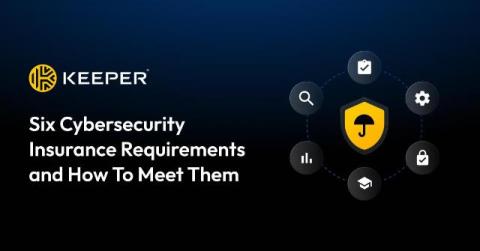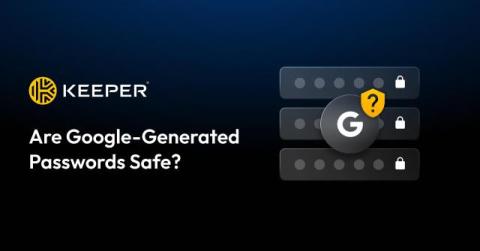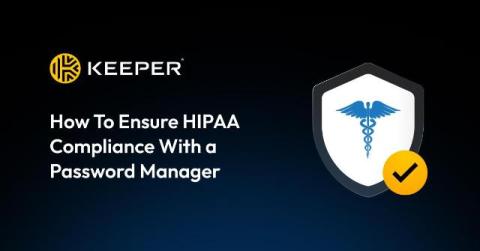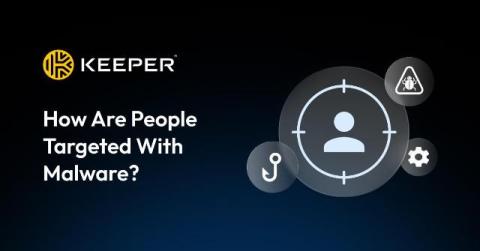How Many Characters Should My Password Be?
Your passwords should be at least 16 characters long. The longer your password is, the more secure it is. This is because of something known as password entropy which refers to how the combination of the characters that make up a password determines the strength of it. Password entropy considers the length and character variation of a password to calculate how difficult it would be for cybercriminals to crack or guess it.


